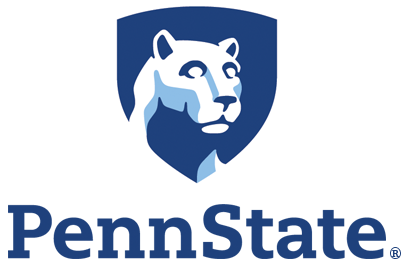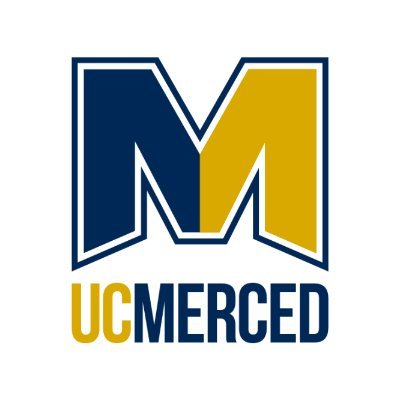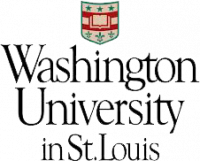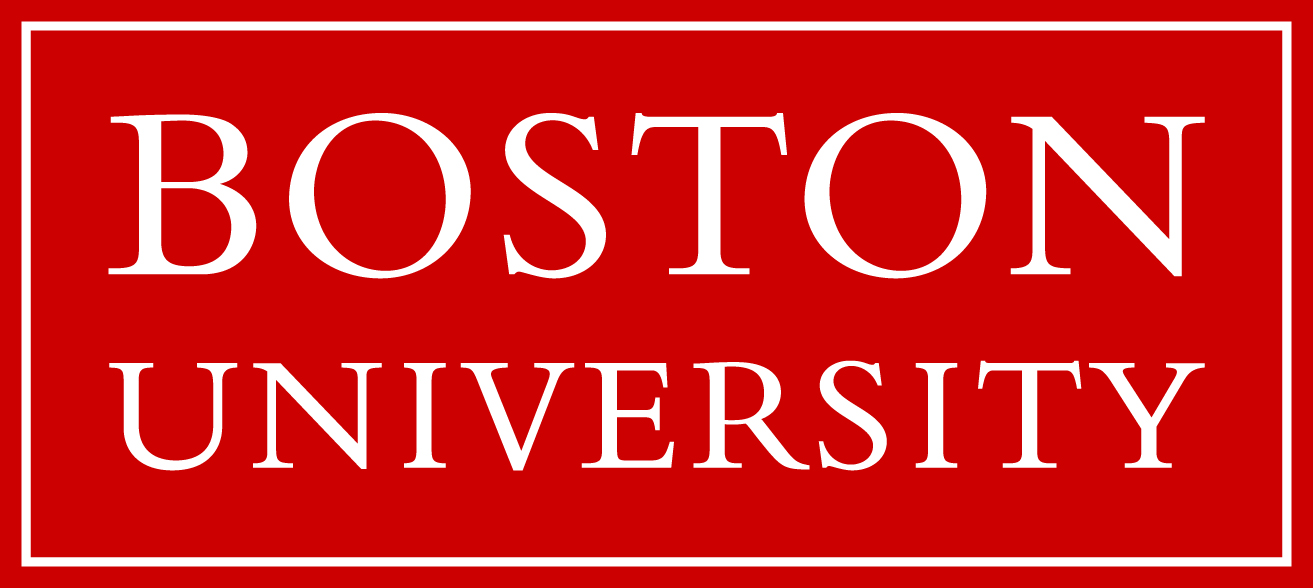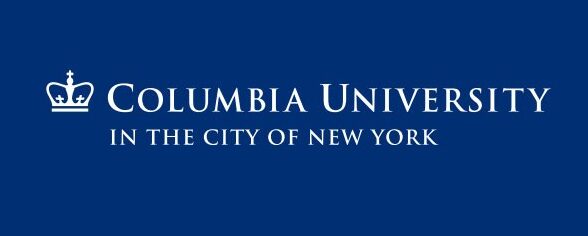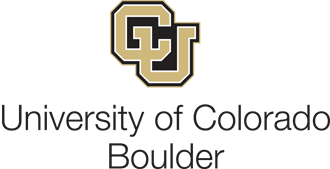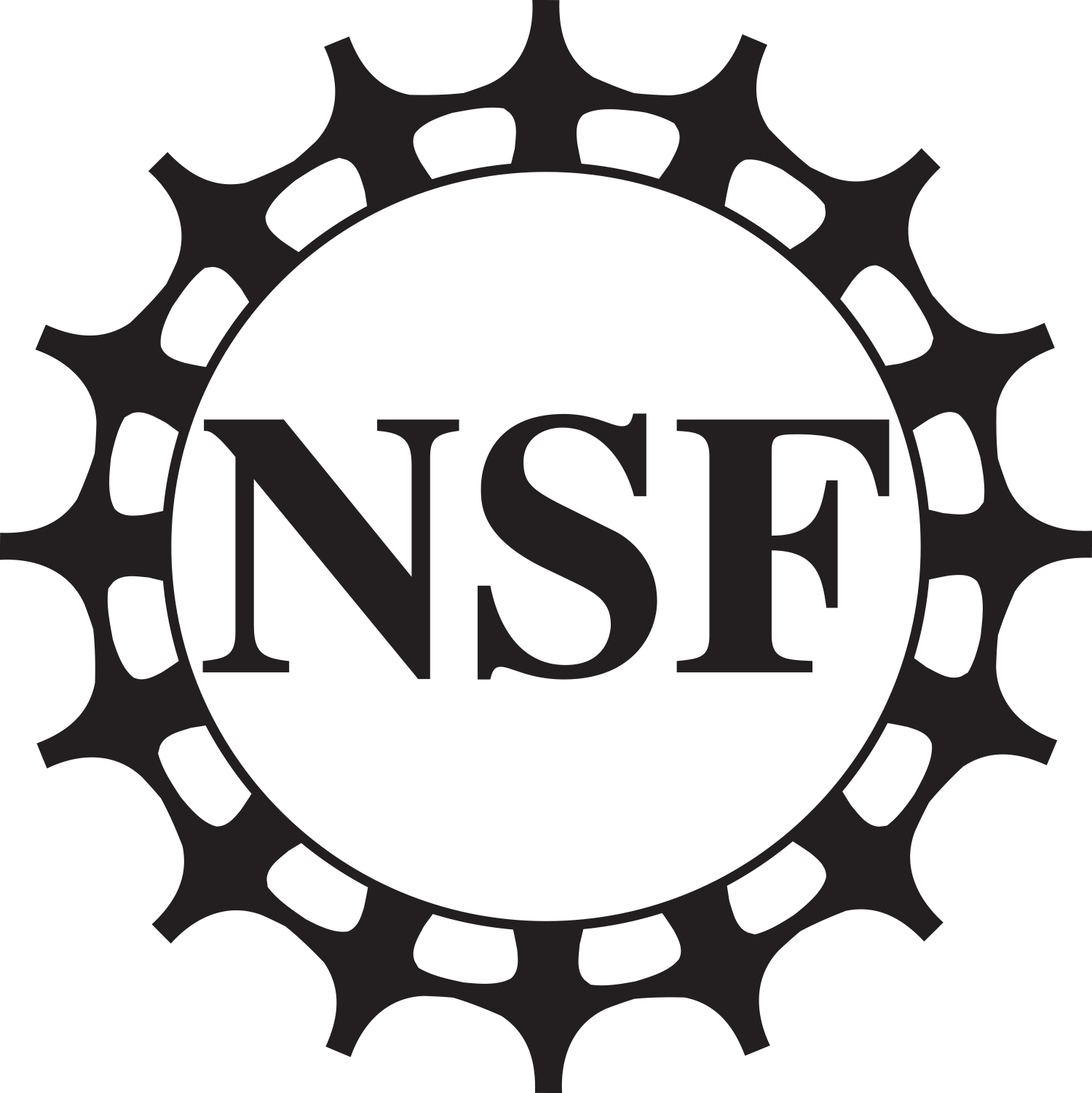Affiliate Membership
Affiliate membership will be automatically conferred on faculty who have had a previous funded Principal Investigator (PI) relationship with the Center for Engineering MechanoBiology and also to former CEMB trainees who have established independent laboratories in mechanobiology. Additionally, affiliate membership is available to active collaborators of current CEMB PIs as long as the collaborating laboratory is at a CEMB institution.
Benefits of Affiliate Membership
- Access to the Faculty and Trainee Research Exchange Program
- Access to the trainee-initiated $10K cross-disciplinary pilot grant program
- Participation in all CEMB research thrusts, journal clubs, and seminars
- Participation in the CEMB annual retreat
Collaborators of current CEMB PIs interested in Affiliate Membership and working on research directly relevant to the CEMB mission should apply to the CEMB Director. Applicants should provide 1) a one-paragraph description of their relevant research and 2) a short nomination letter from the collaborating CEMB PI. An abbreviated annual report is required of Affiliates who have received financial support from one or more of the programs above.
How to Apply to Become an Affiliate
CEMB is a growing network of mechanobiology researchers and educators. Affiliate members are invited to attend CEMB events, participate in seminar series, and apply for internal funding. To become an affiliate faculty of the Center, please contact cembinfo@seas.upenn.edu.
Postdoctoral Training
CEMB supports and trains postdoctoral fellows, who have full access to the breadth of CEMB resources. CEMB post-doctoral fellows are encouraged to audit courses to broaden their scientific knowledge (i.e. in the biological sciences for physical scientists and engineers, and vice versa) and to participate in CEMB’s core course, “Principles of Mechanobiology.” CEMB post-doctoral fellows gain teaching and mentoring experience, including employment as teaching fellows in Boot Camp I and supervisory roles for REU students. CEMB Post-doctoral fellows have access to CEMB’s innovation training and knowledge transfers, and to opportunities for short “sabbaticals” in other CEMB labs to new techniques and approaches.
If you are interested in pursuing a postdoc with the CEMB, contact the faculty of interest directly, and consider applying for an institutional postdoctoral fellowship:
Graduate Education and Training
CEMB trains across disciplines. Incoming engineers and physicists expand their knowledge base in organismal, cellular, and molecular biology and develop a practical understanding of the nature of biological research. Similarly, incoming biologists grow in their understanding of mechanics and quantitative methods. Together, these trainees communicate and collaborate in innovative and meaningful ways in the center’s integrative research projects.
CEMB seeks graduate students from across the scientific and engineering disciplines, and from all cultural and socio-economic backgrounds.
How to Apply
CEMB graduate fellows are admitted through standard graduate group/graduate program channels. Prospective fellows should contact individual CEMB faculty members and the associate individual graduate programs as they prepare their applications. CEMB-associated graduate programs and associated CEMB faculty fellows are the following:
For more information, please contact the CEMB Education Directors – Rebecca Wells and Ram Dixit.
University of Pennsylvania: Rebecca Wells
Washington University in St. Louis: Ram Dixit
Organization and Curriculum
Students generally become CEMB graduate fellows after their first year in a PhD program, although they may become affiliated with CEMB as soon as they commit to a CEMB lab. Graduate fellows must meet the standard curricula of their graduate programs, with the following addenda:







